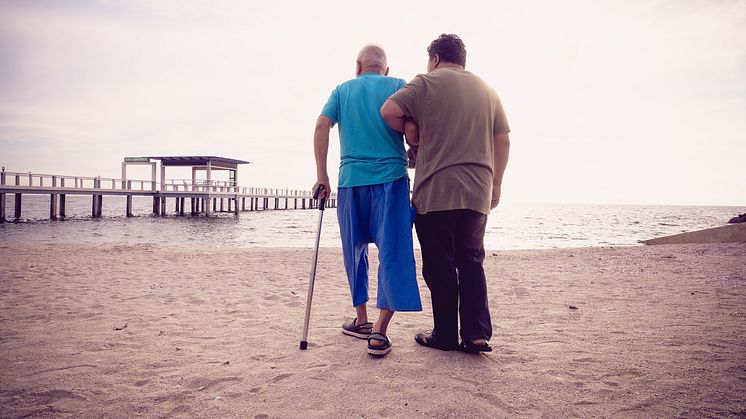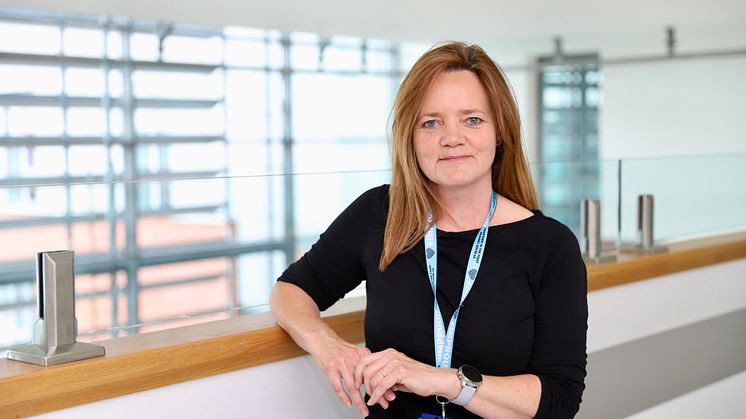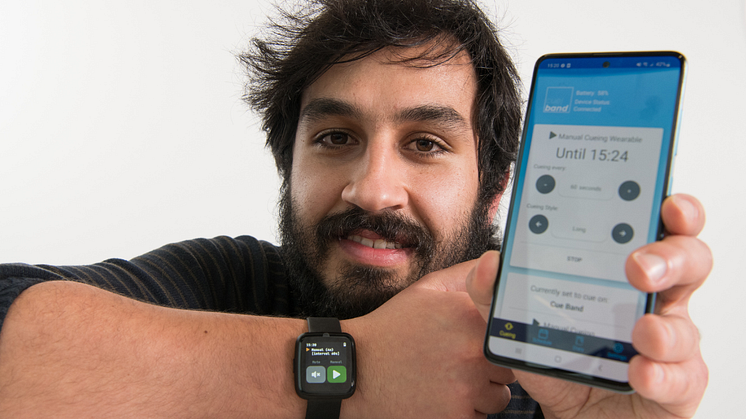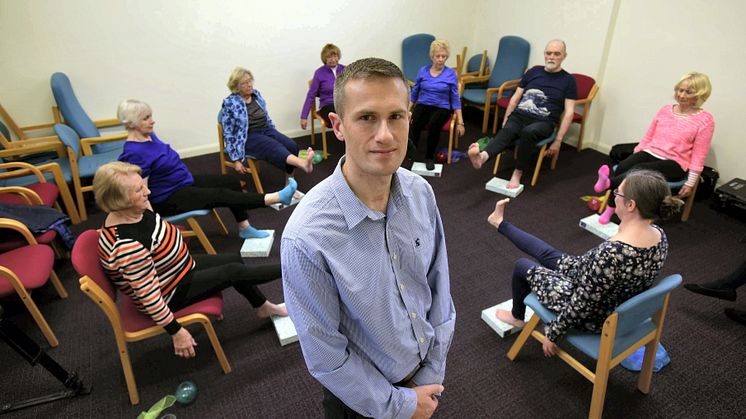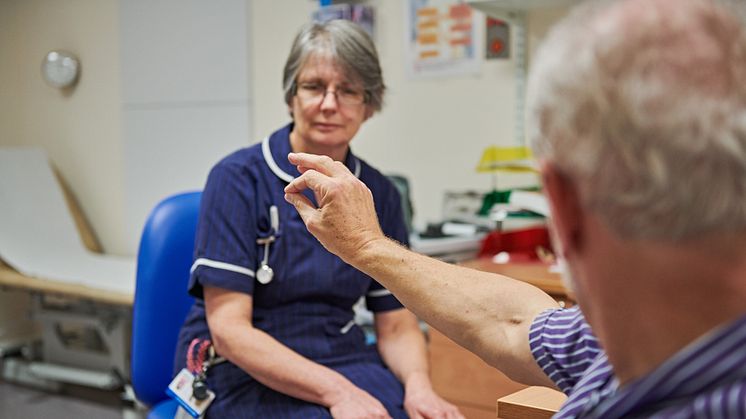
Press release -
Study to examine the role of specialist nurses for people with Parkinson’s
Academics at Northumbria University are working on a £100,000 nationwide project aimed at getting a better understanding of the role of Parkinson’s Nurses.
The University is running the two-year research project, which is funded by Parkinson’s UK, with Northumbria Healthcare NHS Foundation Trust.
Parkinson’s is the fastest growing neurological condition in the world and currently there is no cure. In the UK, 145,000 people are currently living with the condition.
Specialist Parkinson’s Nurses are critical to the care of people living with the condition. They help people manage their medication, offer advice and information about living with Parkinson’s, and give emotional support to both the person with Parkinson’s and their families or carers. According to figures from Parkinson’s UK, a nurse can save an NHS Clinical Commissioning Group up to £43,812 in avoided consultant appointments, £80,000 in unplanned admissions to hospital and £147,021 in days spent in hospital on average each year.
Dr Annette Hand, Associate Professor in Nursing, Midwifery and Health at Northumbria University, said: “We want to understand the role and scope of these specialist nurses, the similarities and differences between the different models of nursing and how they impact on the lives of people with Parkinson’s and their loved ones.
“Our research is designed to improve our understanding of the extent and value of specialist nurses working in the field of Parkinson’s. It will have significant relevance to the NHS, Parkinson’s UK, people with Parkinson’s and their loved ones and will have the potential to inform future practice and processes.”
As part of this national study, researchers would like to hear from people with Parkinson’s and their families and carers, about their experiences of their Parkinson’s Nurse. They are also looking to hear from specialist nurses working in what is, or was traditionally a Parkinson’s Nurse Specialist role, to understand their knowledge on appropriate care and support for people with Parkinson’s.
“Both aspects are hugely important and will contribute to provide an evidence base for the value and scope of Parkinson’s Nurses,” added Dr Hand.
Katherine French, Service Improvement Programme Manager at Parkinson’s UK, said: “Parkinson’s is a complex condition, with over 40 symptoms including tremor, rigidity and freezing. It affects everyone differently and can vary day to day. With no cure, and symptoms which worsen over time, people with Parkinson’s frequently tell us that their Parkinson’s nurse is a lifeline when it comes to accessing regular healthcare professional advice and support.
“This exciting study will allow us to examine on a large scale the real impact these nurses are making to the lives of people with Parkinson’s. We hope to identify what truly matters most to inform and shape the ways we can improve the lives of people living with Parkinson’s now.”
Professor Richard Walker, consultant in Parkinson’s disease at Northumbria Healthcare NHS Foundation Trust, added: “While we know that specialist Parkinson’s Nurses have made a positive difference to people living with the disease and their loved ones and carers for a long time, there is little evidence to support this.
“We are pleased to be part of this important research which will help better understand nurses’ role and inform future practice and we would encourage people with Parkinson’s and their families to get involved so as full a picture as possible can be gained.”
Participation will involve completing surveys which have been designed and developed by the research team, people with Parkinson’s and their family members, as well as representatives from the Parkinson’s Disease Nurse Specialist Association and the UK Parkinson’s Excellence Network. There will also be some follow up face-to-face interviews.
For more information on the study, or if you would like to take part in the research, please visit www.northumbria.ac.uk/ParkinsonsNU.
You can also keep up to date with latest news on Twitter at www.twitter.com/ParkinsonsUSP
Topics
Categories
Notes to editors
Northumbria is a research-rich, business-focused, professional university with a global reputation for academic excellence. To find out more about our courses go to www.northumbria.ac.uk
TV and radio facilities at Northumbria University
Northumbria University’s academic experts are available for interview via our broadcast provider Globelynx, a down-the-line broadcast quality TV facility at our Newcastle campus.
You can book to use the Globelynx facilities direct by logging into www.globelynx.com. The IFB number is 0191 603 1630.
To request and check the availability of our experts or for any other media enquiries please contact our Media and Communications team on +44 (0)191 227 4604 or email media.communications@northumbria.ac.uk.








